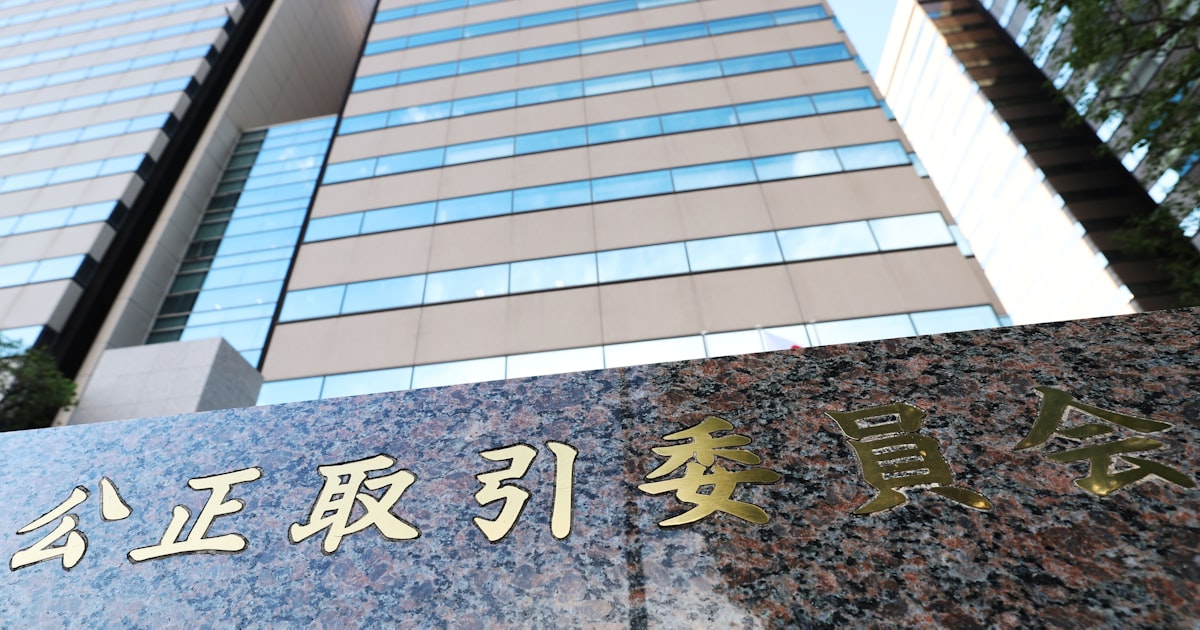Fair Trade Commission Takes Action Against KYB for Subcontracting Practices: Implications for the Automotive Industry
The Japan Fair Trade Commission (JFTC) recently issued a cease-and-desist order against KYB Corporation, a major automotive parts supplier, for its subcontracting practices. This decision has sent ripples through the automotive industry, raising questions about fair competition and transparency in supply chains. This article delves into the details of the JFTC's action, its implications for KYB, and the broader impact on the automotive sector.
KYB's Subcontracting Practices Under Scrutiny
The JFTC's investigation revealed that KYB engaged in practices that restricted competition among its subcontractors. Specifically, the commission found that KYB:
- Imposed unreasonable price limitations: The company allegedly pressured subcontractors to accept lower prices than were commercially justifiable, squeezing their profit margins.
- Limited subcontractor choice: KYB's practices allegedly restricted the ability of its subcontractors to freely choose other clients, creating a captive market dependent on KYB's business.
- Controlled subcontractor technology: The investigation suggests KYB exerted control over its subcontractors' technology and innovation, hindering their ability to compete independently.
These practices, according to the JFTC, violated Japan's Antimonopoly Act, which aims to ensure fair competition and prevent monopolistic behavior.
The JFTC's Cease-and-Desist Order
The JFTC's order requires KYB to cease these anti-competitive practices. This includes a commitment to:
- Re-evaluating pricing structures: KYB must review and revise its pricing mechanisms to ensure fair compensation for its subcontractors.
- Increasing subcontractor independence: The company must take steps to allow its subcontractors more freedom to choose clients and pursue independent business opportunities.
- Promoting technological development among subcontractors: KYB is expected to foster innovation among its subcontractors, rather than controlling their technological advancements.
Implications for the Automotive Industry
The JFTC's action against KYB carries significant implications for the broader automotive industry. It underscores the importance of fair and transparent supply chains, and it sets a precedent for future investigations into similar practices by other automotive parts suppliers. This case highlights the potential for abuse within complex global supply networks.
- Increased scrutiny of subcontracting practices: Other automotive companies are likely to face increased scrutiny of their own subcontracting relationships in light of the JFTC's decision.
- Potential for legal challenges: The JFTC's order could spur further legal challenges and investigations into potential antitrust violations within the automotive sector.
- Need for greater transparency: This incident reinforces the need for greater transparency and ethical conduct within automotive supply chains.
Impact on KYB's Reputation and Future
The JFTC's action will undoubtedly impact KYB's reputation and its relationships with customers and suppliers. The company faces challenges in rebuilding trust and demonstrating its commitment to fair business practices.
Moving Forward: Toward Fairer Automotive Supply Chains
The KYB case serves as a stark reminder of the importance of ethical and fair practices in global supply chains. The automotive industry must prioritize transparency, collaboration, and fair compensation throughout its supply network. This requires a shift towards more sustainable and equitable business models that benefit all stakeholders. Further regulatory oversight and industry self-regulation may be necessary to prevent similar situations in the future.
Keywords: KYB, Japan Fair Trade Commission, JFTC, automotive industry, subcontracting, antitrust, anti-monopoly, supply chain, fair trade, competition, cease-and-desist order, automotive parts, corporate responsibility.
(Note: This article is for informational purposes only and does not constitute legal advice. Always consult with a legal professional for advice on specific legal matters.)
